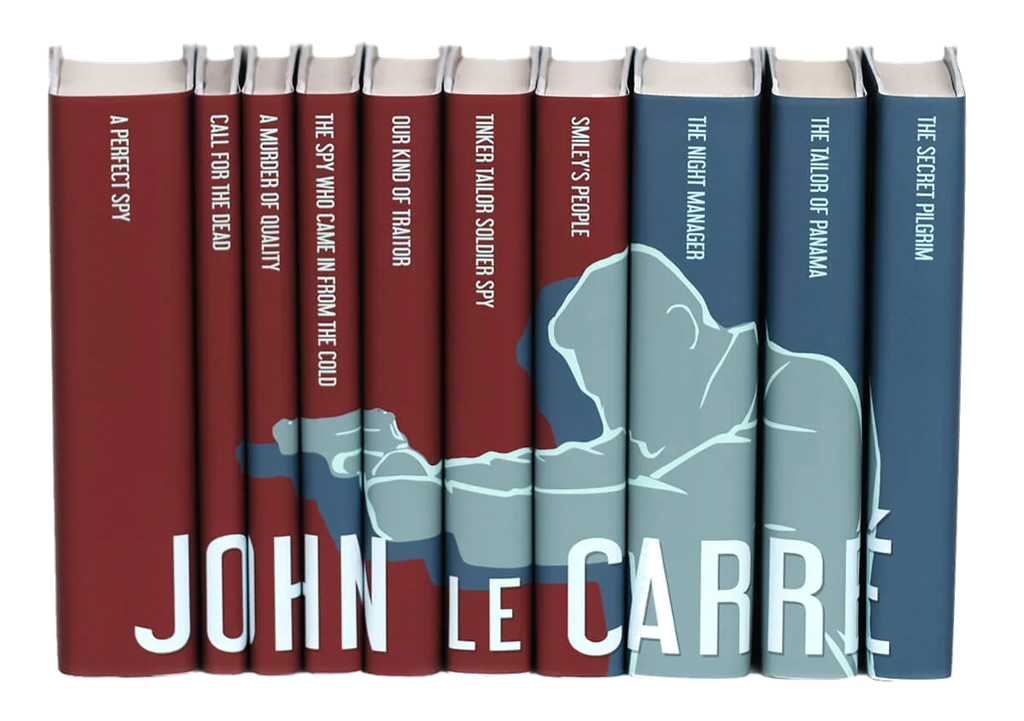
My family and friends call them “Bruce Books,” in voices that are filled with love and despair and a desperate need to flee the room before I press copies in their hands. If they make the mistake of taking a book, they know I will turn up in a corner of their bedroom some night staring at them with haunted eyes, desperately hoping for validation.
The list below has some of the most celebrated books published in the last sixty years. It’s not a list of the “best” novels, just the quirky favorites of a 70 year old nerd. My secret hope is that you’ll click a link and think, “Huh, I had forgotten about this, and reading a novel written above a fourth-grade reading level will be good for my declining attention span.” Maybe one of them will become your new favorite and you’ll start pressuring your own family and friends to follow you down the rabbit hole.
Quick note about diversity. I grew up in the age of Great White Male Authors. Literature in the 1940s, 1950s, and 1960s was defined by white males. My deepest loves come from the era of Anthony Burgess, Vladimir Nabokov, Graham Greene, Kingsley Amis, and Evelyn Waugh. I have lots of favorites from that period – let me know and I’ll bend your ear off.
This list is from the following era, the 1960s to the early 2000s. All the books are written by men. Forgive me! We are all products of our early influences. I hold Doris Lessing, Muriel Spark, Margaret Atwood, Joyce Carol Oates, Toni Morrison, and many more female authors in the highest regard. But my special books, for better or worse, are all by men.
With luck, each book on this list will stir some memory and you’ll decide to add one to your To Be Read pile after you finish Uncommon Scents. These are glorious, each and every one. Read more books!
THIS WEEK
Catch 22, Joseph Heller (1961)
One Hundred Years Of Solitude, Gabriel Garcia Marquez (1967)
The French Lieutenant’s Woman, John Fowles (1969)
A Confederacy Of Dunces, John Kennedy Toole (1980)
A Perfect Spy, John Le Carre (1986)
NEXT WEEK
The Remains Of The Day, Kazuo Ishiguro (1989)
Poor Things, Alasdair Gray (1992)
Kafka On The Shore, Haruki Murakami (2002)
Cloud Atlas, David Mitchell (2004)
The works of Cormac McCarthy
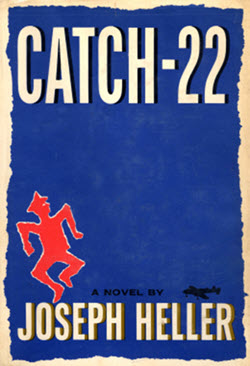
CATCH 22, Joseph Heller (1961)
No one has ever written a book like Catch 22, including Joseph Heller, who spent the rest of his career trying to match it. Virtually every paragraph has an absurd contradictory logic, a sustained authorial effort without equal. It is one of the funniest books I have ever read, which is all the more astonishing when you consider how effectively it brings home the brutality and mindlessness of war. You have to read Catch 22 unless you’re already crazy, but being crazy means you have to read Catch 22.
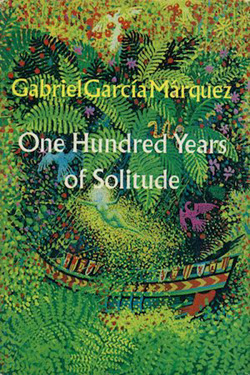
One Hundred Years Of Solitude, Gabriel Garcia Marquez (1967)
Shortly after I met an extraordinary young woman named Madeline, she asked if she could borrow my copy of One Hundred Years Of Solitude. Of course I said no because book lovers don’t loan books, end of story, amiright? This book was one of the special ones on my shelves, carrying an emotional connection. I wouldn’t give her my copy.
That was possibly not my smartest decision.
She married me anyway but let’s just say, it still comes up in conversation thirty-five years later. If I want to read the recently published final novella by Gabriel Garcia Marquez, Until August, I’ll probably buy my own copy so I don’t have to ask to borrow hers.
There has never been a better journey into magical realism – love, loss, isolation, the cyclical nature of life, and the most wonderful butterflies.
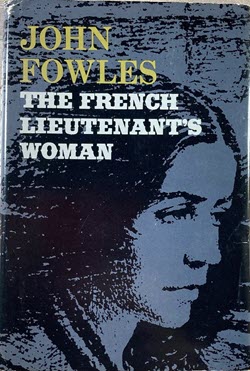
The French Lieutenant’s Woman, John Fowles (1969)
On the surface, The French Lieutenant’s Woman tells the story of a Victorian gentleman who becomes entangled with a mysterious woman ostracized by society. But the author steps in to blur the lines between fiction and reality, ultimately leading to ambiguous alternate endings. It is twisty metafictional magic.
I have a weakness for novels and films that differ from each other in ways that respect the quite different modes of storytelling. The book could not be directly translated to the screen, so the glorious Meryl Streep film transfers the metafictional elements into parallel stories of the Victorian love affair and an affair by cast members making a movie of The French Lieutenant’s Woman. The book and the movie complement and reflect each other like fun house mirrors. If you read the book, definitely watch the movie!
John Fowles is passing into literary history, seldom mentioned any more. The Magus, The Collector, and other Fowles’ novels are also powerful and deserve to be remembered and read.
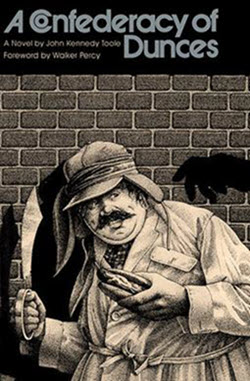
A Confederacy Of Dunces, John Kennedy Toole (1980)
A Confederacy Of Dunces is one of those rare novels that will actually cause you to laugh out loud. Ignatius J. Reilly’s crusade against the modern world is outrageous and bizarre and will make you snort milk through your nose, which would be gross. Don’t drink milk while you read.
There are many books that capture myths about New York and Los Angeles. A Confederacy Of Dunces is the New Orleans book.
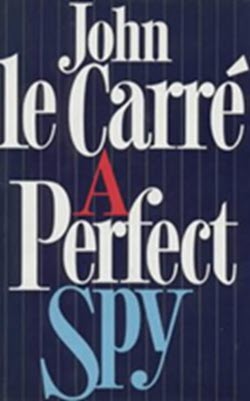
A Perfect Spy, John Le Carre (1986)
If you haven’t read John Le Carre, you might believe he writes spy thrillers. Read The Spy Who Came In From The Cold or the Smiley trilogy and you will discover Le Carre’s books stand with the finest works of modern literature, with complex characters facing impossible moral quandaries and psychological labyrinths as they try to unravel blurred lines between truth and deception.
I’ve read every novel Le Carre wrote during his long career. You can (and should) read the milestone books from the beginning of his career, or read one of the later novels turned into movies. They’re all worthwhile.
You should probably read at least a couple of other Le Carre novels before you dive into A Perfect Spy. It helps to be familiar with his writing style and trademark vocabulary from the spy trade. Much of A Perfect Spy is autobiographical, a fictionalized story about Le Carre’s relationship with his father, with details that you will think must be overdrawn and fanciful but which are drawn closely from real life.
It is the masterwork of Le Carre’s career and near the top of my list of all-time favorite books. I re-read it frequently.
Next week we’ll talk about the other five books on my list. Don’t forget to subscribe to the newsletter!
